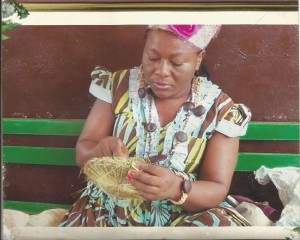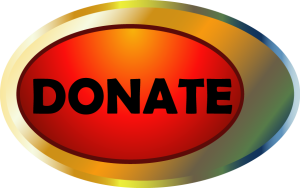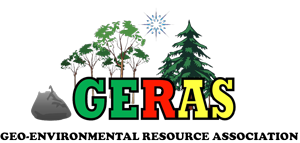How a single Cameroonian women is working to conserve the environment
Project Planning and Continuous Assessment meeting
May 30, 2016Second GlobalGiving Workshop in Cameroon Takes place in Buea
July 3, 2016How a single Cameroonian women is working to conserve the environment
 According to Wikipedia, Waste Management is the “generation, prevention, characterization, monitoring, treatment, handling, reuse and residual disposition of solid wastes”. There are various types of solid waste including municipal (residential, institutional, commercial), agricultural, and special (health care, household hazardous wastes, sewage sludge). The term usually relates to materials produced by human activity, and the process is generally undertaken to reduce their effect on health, the environment or aesthetics. There is a wide array of issues relating to waste management and those areas include Generation of waste, Waste minimization, Recycling and reuse, Storage, collection, transport, and transfer, Treatment, Landfill disposal, Environmental considerations, Financial and marketing aspects, Policy and regulations, Education and training, Planning and implementation. Waste management practices are not uniform among: countries (developed and developing nations); regions (urban and rural area), and sectors (residential and industrial).
According to Wikipedia, Waste Management is the “generation, prevention, characterization, monitoring, treatment, handling, reuse and residual disposition of solid wastes”. There are various types of solid waste including municipal (residential, institutional, commercial), agricultural, and special (health care, household hazardous wastes, sewage sludge). The term usually relates to materials produced by human activity, and the process is generally undertaken to reduce their effect on health, the environment or aesthetics. There is a wide array of issues relating to waste management and those areas include Generation of waste, Waste minimization, Recycling and reuse, Storage, collection, transport, and transfer, Treatment, Landfill disposal, Environmental considerations, Financial and marketing aspects, Policy and regulations, Education and training, Planning and implementation. Waste management practices are not uniform among: countries (developed and developing nations); regions (urban and rural area), and sectors (residential and industrial).
Nsoh Neh Zenobia is a Kumba-based female Cameroonian graduate from Government Technical Teachers Training College (ENIET) Mbengwi who is so passionate about environmental conservation through recycling waste to produce beautiful and marketable craft items. As a technician and great lover of the environment, she noticed the problem of improper waste management; and as someone with a creative mind and as an emerging social entrepreneur, she started a Common Initiative Group called Green World Women and Environmental Friends (GREWENVIF) which was officially registered with Cameroon’s Ministry of Agriculture and Rural Development (MINADER).
She started in 2011, collecting waste from the markets and streets and transforming them at home into marketable materials. She also tried to share her vision with other women groups through lectures with the help of flip charts, physical samples of waste and final products that have economic value. At times, she uses the megaphone on the streets and the market to educate the masses on how to properly manage waste. She has participated and won prizes at Divisional and Regional Exhibition and Competitions to showcase and promote her initiative.
A decent and educated woman seen on the streets and in the markets doing what Neh does is publicly considered as a woman who is either going mad, does not have a focus or just want to seek attention. In addition to these general concerns, Neh works in a dangerous environment and she does not have the means to acquire Personal Protective Equipments (PPEs) to protect her from harm. She also finds it very difficult to work alone since it is difficult to convince many women or women groups to her cause. Lack of access to working tools and working space away from home are other problems she faces in her mission. Her passion for environmental protection makes her not to relent in efforts despite the challenges.
One of GERAS Cameroon’s program areas is concerned with empowering women in geo-environmental and ecological sciences. Women with this type of vision and in this type of setting will lack access to financial systems and networks that can give them access to funding opportunities to help scale up their initiative. So, some of these good educative, social, environmental, economic, and gender sensitive ideas will remain undeveloped until experts and other stakeholders show concern for. So, GERAS Cameroon is going to provide fiscal sponsorship, recommendations, networking and project management support to see that this laudable initiative grows and inspire women and the world at large to engage in environmental conservation. Watch her video on our Youtube Channel.
You can donate to support her and contact us to let us know you did.

